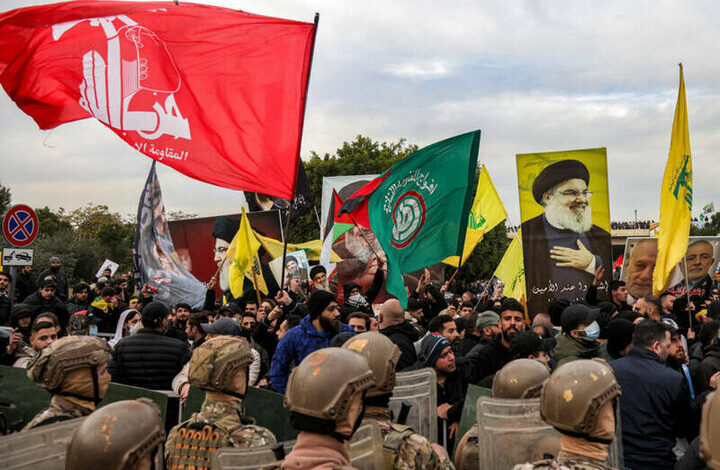Why Do the Results of Lebanon’s Southern Municipal Elections Matter?

According to webangah news Agency, Mohammad Ahmad Noureddine, Mayor of Borj Qalaouayeh in southern Lebanon, stated in an analytical note published by Farhikhtegan newspaper: The 2025 local council elections were not merely routine administrative proceedings but a critical juncture for reinforcing resilience, resistance, identity-building, and popular resolve amid multifaceted military, economic, and social challenges. In these elections, the Litani River region-historically emblematic of Lebanese resistance and nationalism-delivered a meaningful mandate to the resistance movement.
1. Historical and Political Context of Southern Elections
The southern Litani region is not just a geographic area but a historical symbol of sacrifice and valor. It has repeatedly borne heavy costs defending Lebanese sovereignty against Israeli regime aggression while supporting the Palestinian cause. against this backdrop-and amid recent regional developments-the election outcomes transcended mere democratic formalities.
The results manifested political will for resistance and reaffirmed commitment to national identity. The 2025 elections followed a complex period marked by recurrent israeli assaults (including aerial strikes targeting over 15 locations just two days prior) alongside severe economic collapse displacing populations internally and abroad. Widespread infrastructure destruction-roads, buildings, schools, hospitals-and socioeconomic crises directly impacted one-third of residents while indirectly affecting half.
2. Election Results & Analysis
Despite these challenges, voter turnout was remarkably high as the event evolved into a national-political statement. The “Development & Loyalty” lists (affiliated with Amal-Hezbollah) competed across 109 southern municipalities securing uncontested victories in 71 compared to just 35 in 2016 – reflecting surging public support for resistance-aligned development even among major urban centers where opposition candidates emerged from within resistant factions demonstrating healthy intra-movement diversity over local governance approaches.
3 Participation Quality & Existing Challenges </h22
<
>Amidst widespread devastation many displaced citizens returned from Beirut Sidon Nabatieh Tire etc.to cast ballots supporting Resistance-Development lists including villages nearly razed where polling occurred miles away underscoring their steadfast connection homeland .
><>4 Post-Election Reconstruction Priority>
<
>A key electoral mandate prioritizes reconstruction campaigns addressing direct war trauma affecting over third residents plus half socioeconomically requiring extensive initiatives :rebuilding homes/public-private institutions supporting small-scale developmental/agricultural/economic projects reviving labor markets directing municipal funds toward damaged villages via enduring frameworks integral Resistance.
><>5 Elected Elites’ Profile Institutional support Needs>
<
>Candidate demographics shifted due migration skilled professionals barred nomination field conditions leaving most elected councils needing technical-managerial training assume postwar responsibilities necessitating central ministry programs capacity-building legal-financial empowerment effective governance.
><>6 Municipalities Social Shield Resistance Institutions>
Town halls now transcend executive roles becoming social organizing hubs cultural-national identity fortifiers government-people bridges resisting invasion poverty neglect as community backbones demanding prioritized reinforcement.
The political reading reveals these polls weren’t mere democracy displays but popular confrontations against aggression reasserting resistance paths reconstruction demands proving bombings displacement poverty cannot break collective will while signaling Lebanon’s government global community requires tangible partnership rebuilding lives.
Internal viewpoint diversity within resistant forces competing locally reflects mature political dynamics needing encouragement not suppression.finally comprehensive equitable sustainable southern reconstruction must launch promptly transforming electoral into economic-developmental resilience safeguarding land people cementing Resistance beyond defensive response toward way life consolidation .


